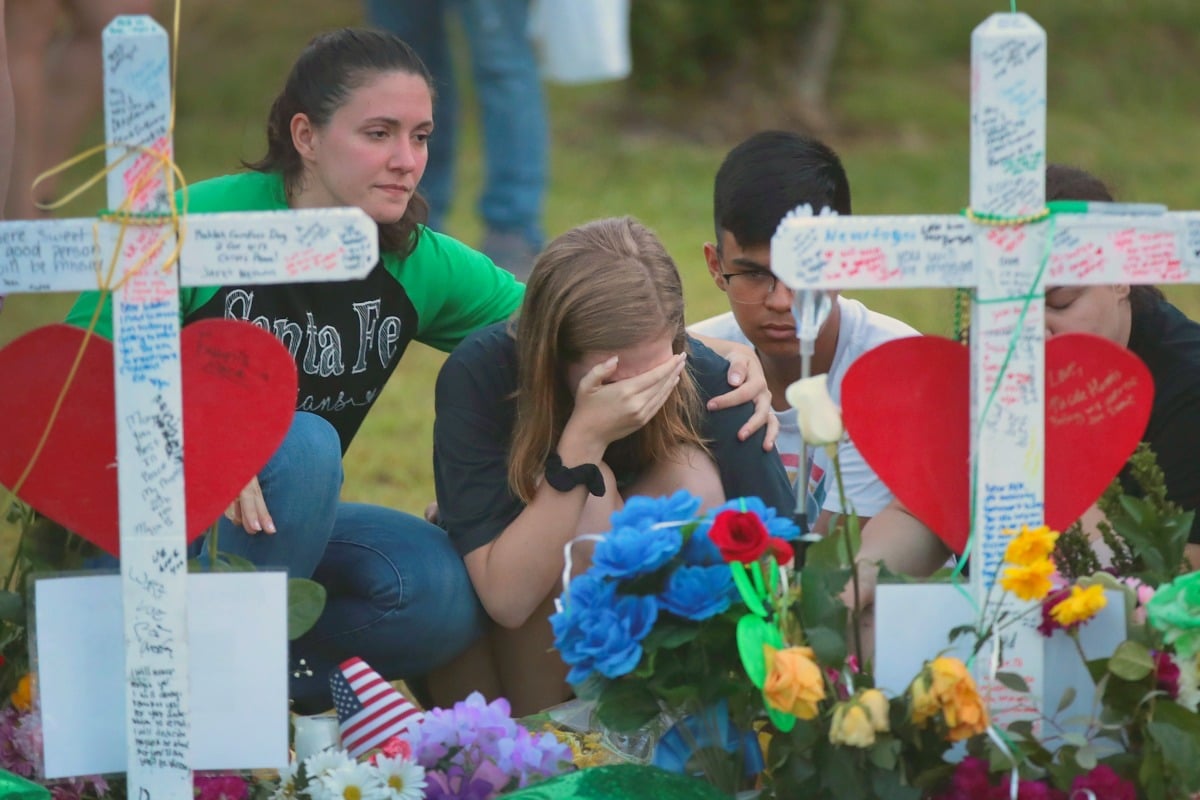
When something horrific happens in the world everyone pauses and takes a moment to reflect on how lucky they are, how sorry they are, and how sh*t some people in the world are.
9/11, Lindt Cafe siege, the Christchurch bombings, the Sandy Hook Elementary School massacre. The list is horrifically long.
Whenever an incident of mass murder takes place in our world, we all somehow find a way to relate to it, and make it relevant in our lives.
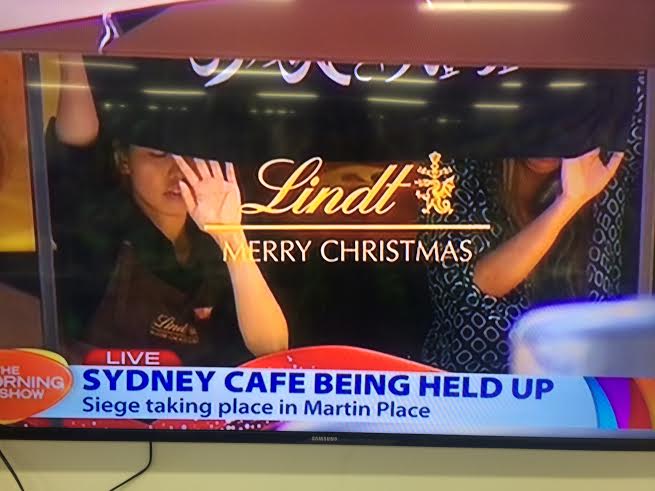

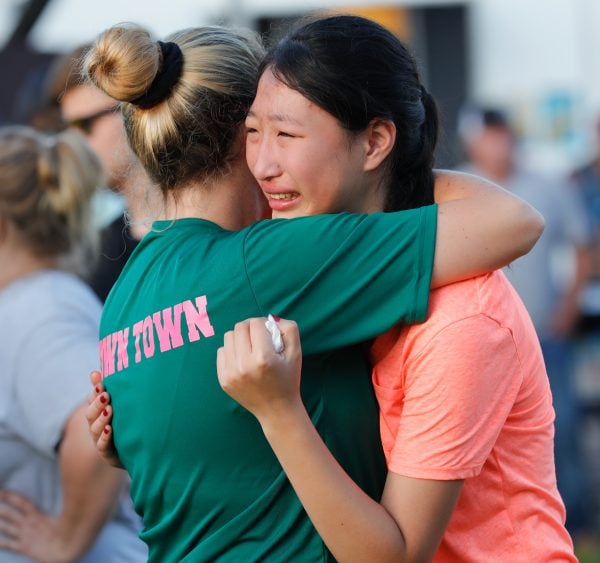
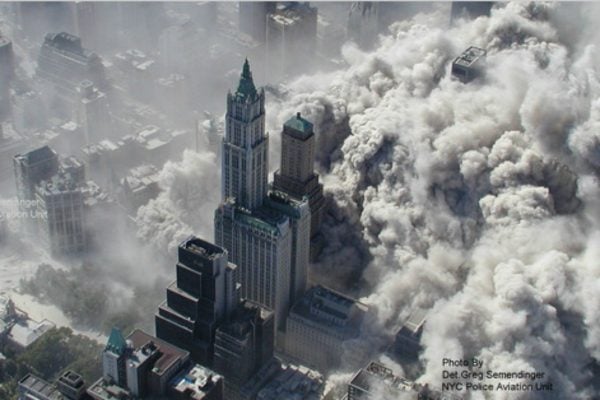
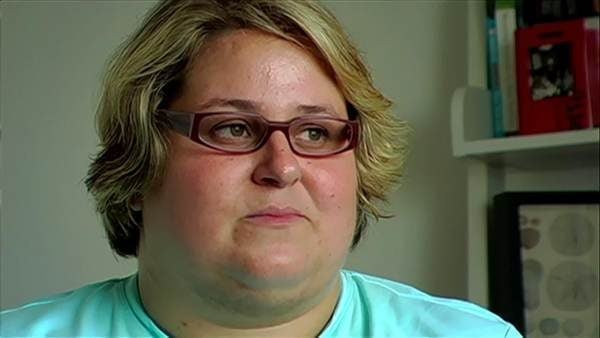
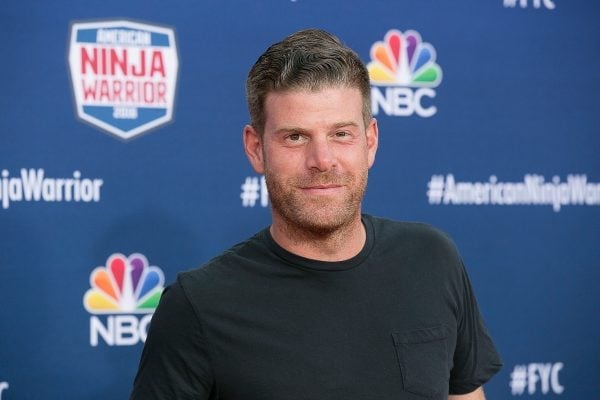
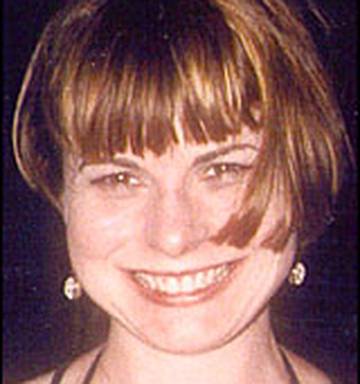
Top Comments
Well written article Jemma, esp the final paragraph, which puts it all into context.